UK’s Sunak calls for ‘radical actions’ as strikes by healthcare workers deepen
British Prime Minister Rishi Sunak has called for “bold and radical” actions to end the crisis across UK's National Health Service (NHS), amid unprecedented strikes by health workers.
The call came in when Sunak hosted England’s chief medical officer Chris Witty along with NHS England chief executive Amanda Pritchard at the NHS Recovery Forum at Number 10, to discuss the long-term solutions for the NHS crises.
The meeting came ahead of talks planned between government officials and union leaders on Monday, aimed at ending the strikes, and attempting to solve short and long-term issues facing the health service.
"During the pandemic, we had to bring boldness and radicalism to how we did things in order to get through," Sunak was quoted as saying by Downing Street.
"I think we need that same bold and radical approach now," Sunak said, adding that "Together today, we can figure out the things that will make the biggest difference to the country and everyone's family, in the short and medium term."
The talks were set to focus on four key issues: reducing delays in discharging hospital patients to social care; how to improve A&E and ambulance service performance; cutting waiting times for operations; and relieving pressure on GPs.
The British PM has been under fire for his inaction regarding the chaos across the country's healthcare system, with doctors saying the NHS is in a very precarious situation as units are struggling with demand and health trusts and ambulance services declaring critical incidents.
The general secretary of the Royal College of Nursing union, Pat Cullen, told BBC radio that Sunak should negotiate with nurses directly to prevent planned further strike action on January 18 and 19.
"He needs to come to the negotiation table with me, and he needs to put money on that table, and it needs to be about the current year," she told the BBC.
The health secretary Steve Barclay pledged to take further steps to "improve the flow through our hospitals", with around 13,000 NHS beds blocked by delays in discharging payments.
He also tweeted details of at least two possible solutions to some of the issues.
"We're identifying solutions - including virtual wards & a new fall service [for people injured by falls and trips] that can save 55,000 ambulance callouts a year,” he said on Twitter.
The chaos across the NHS comes in the wake of a serious warning by the Royal College of Emergency Medicine (RCEM) that up to 500 patients are dying each week due to emergency care delays.
Bed occupancy remains the main cause of the crisis across the UK healthcare system, as British hospitals remain occupied with more than nine in 10 beds filled. The number of free beds has been at its lowest record in the last ten years period.
Back in November, 37,837 patients waited more than 12 hours in A&E for a decision to be admitted due to bed occupancy, NHS England figures show.
This is an almost 355 percent increase in comparison to the previous November, when about 10,646 patients waited longer than 12 hours.
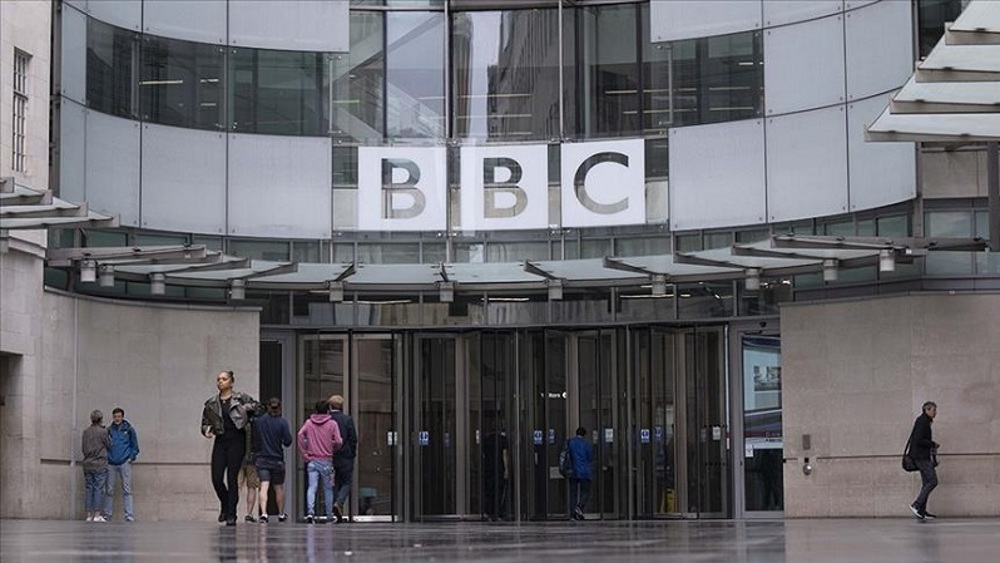
BBC pro-Israel bias in reporting Gaza genocide
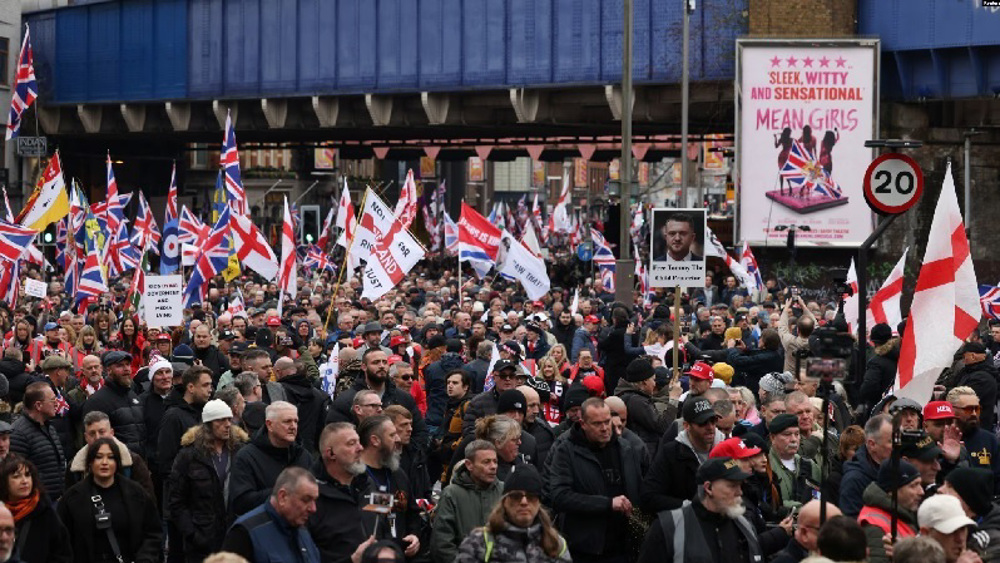
London anti-racism protests
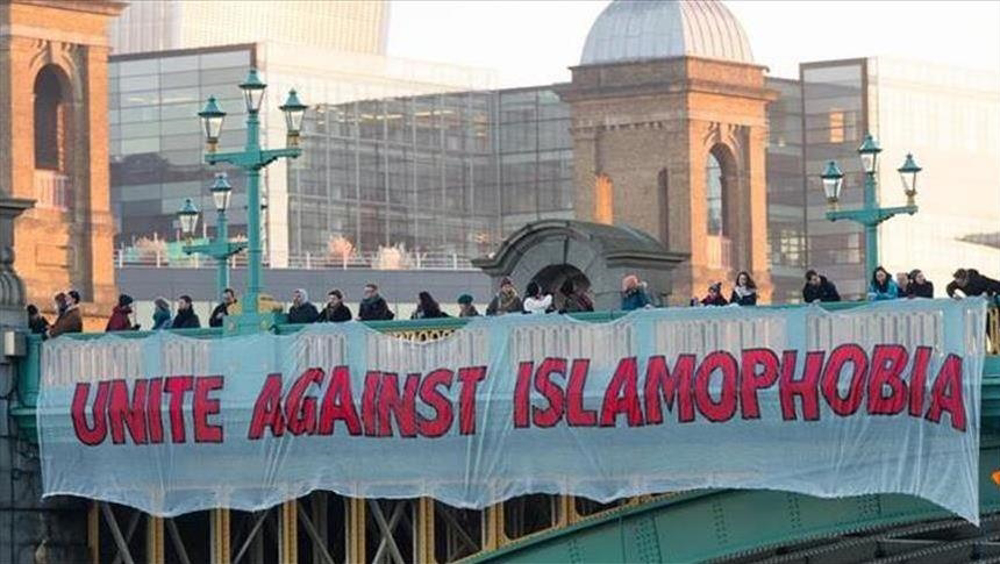
London hit by ‘shocking’ wave of Islamophobic hate crimes
Zelensky should apologize for ‘fiasco’ with Trump: US state secretary
Houthi: Yemen ready to attack Israel if Gaza truce breaks down
VIDEO | Lost classrooms, lost childhoods: Jenin’s children struggle for education
VIDEO | Palestinians ramain steadfast despite Israel’s onslaught
VIDEO | Press TV's news headlines
Iran ready to strengthen ties with UAE based on ‘mutual interests’: Deputy FM
VIDEO | A slap in the face of imperialism
Iran remains steadfast in its ‘principled positions,’ says Foreign Ministry


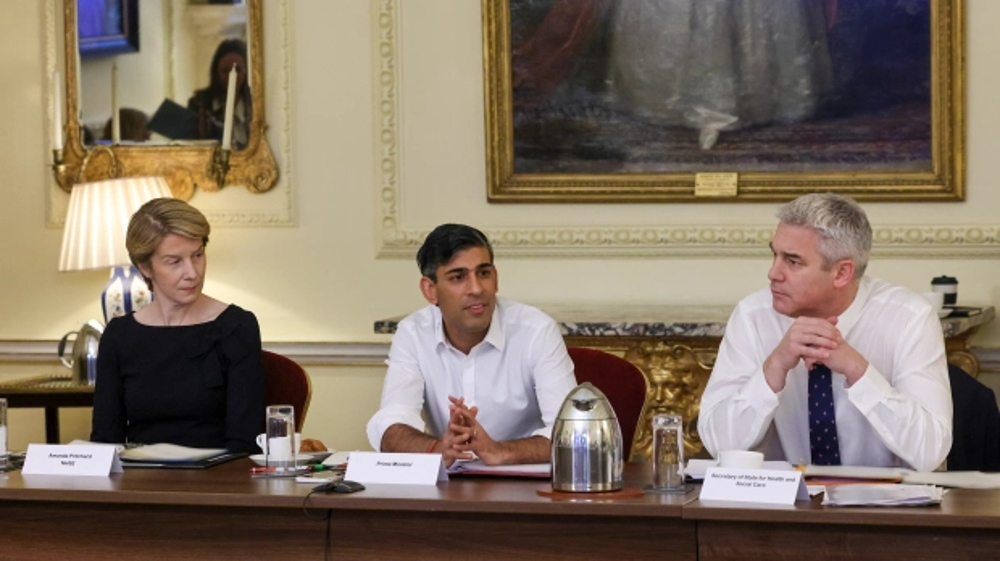
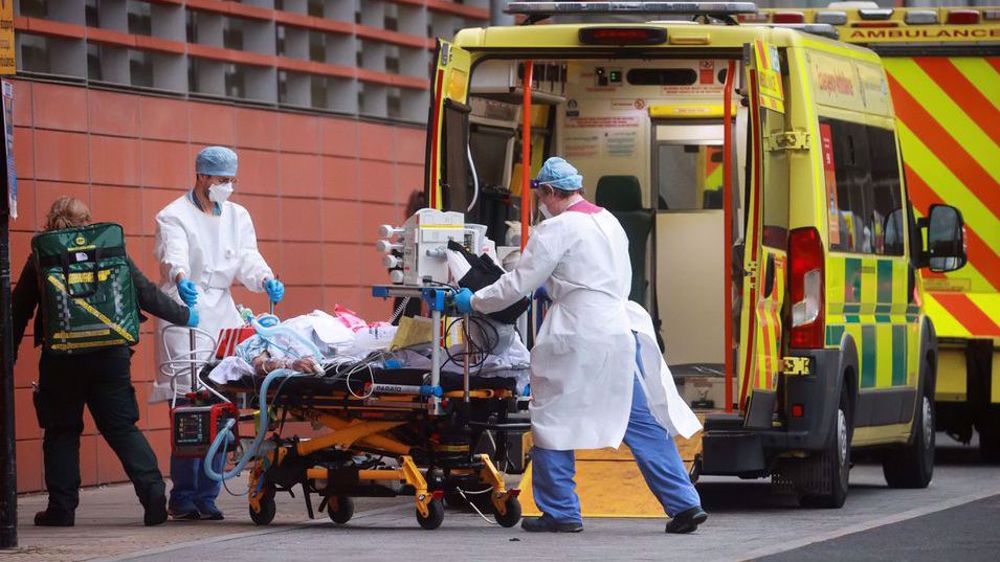



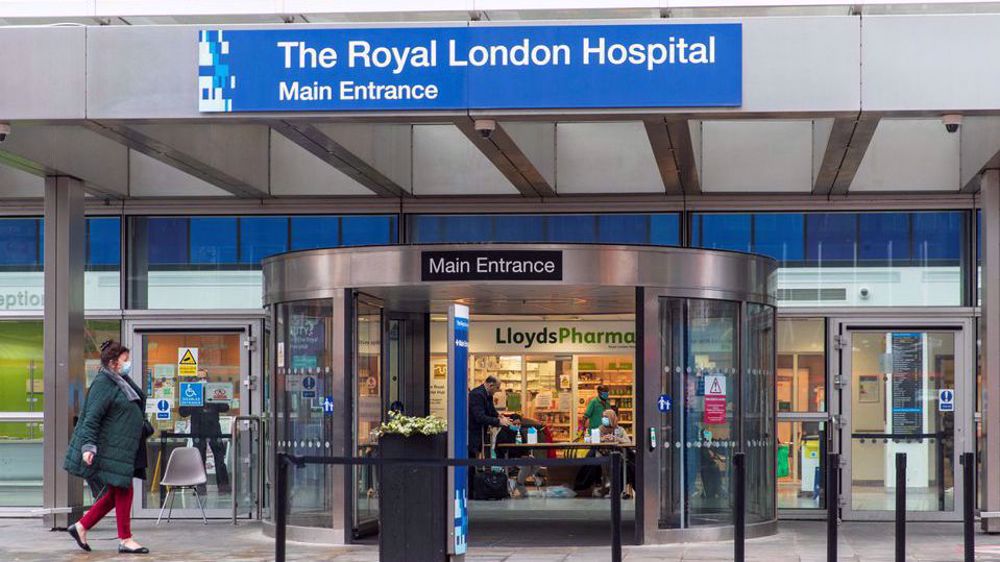
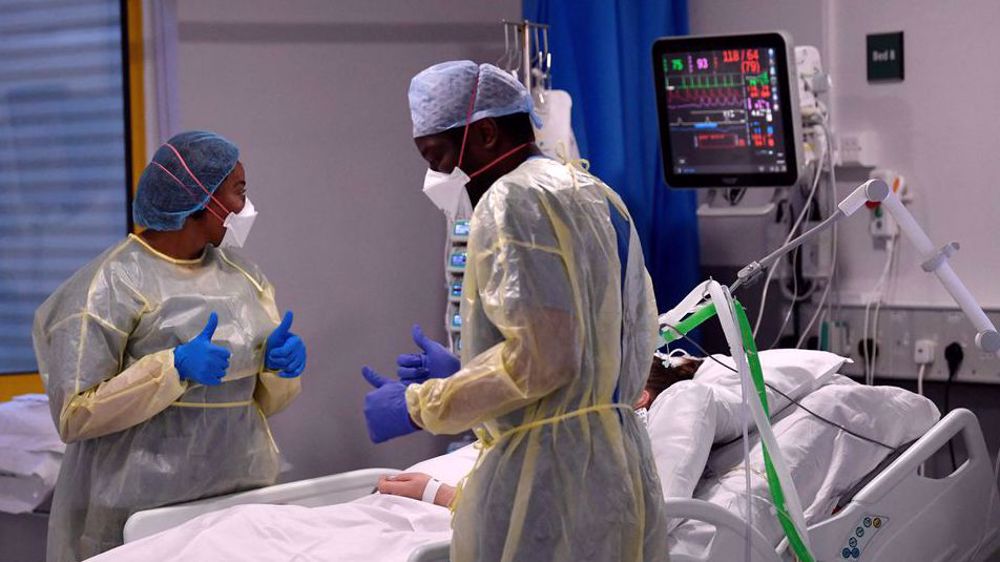
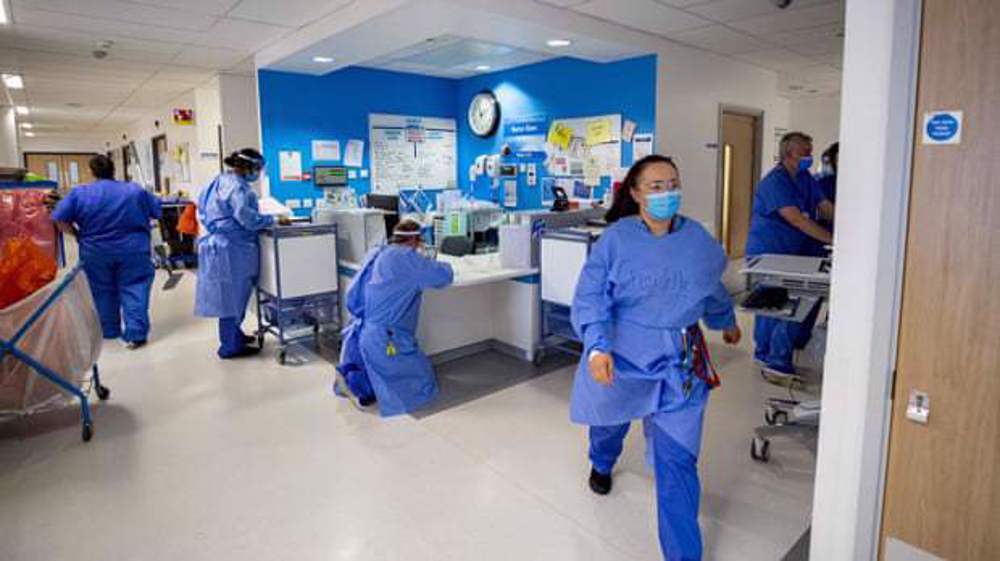
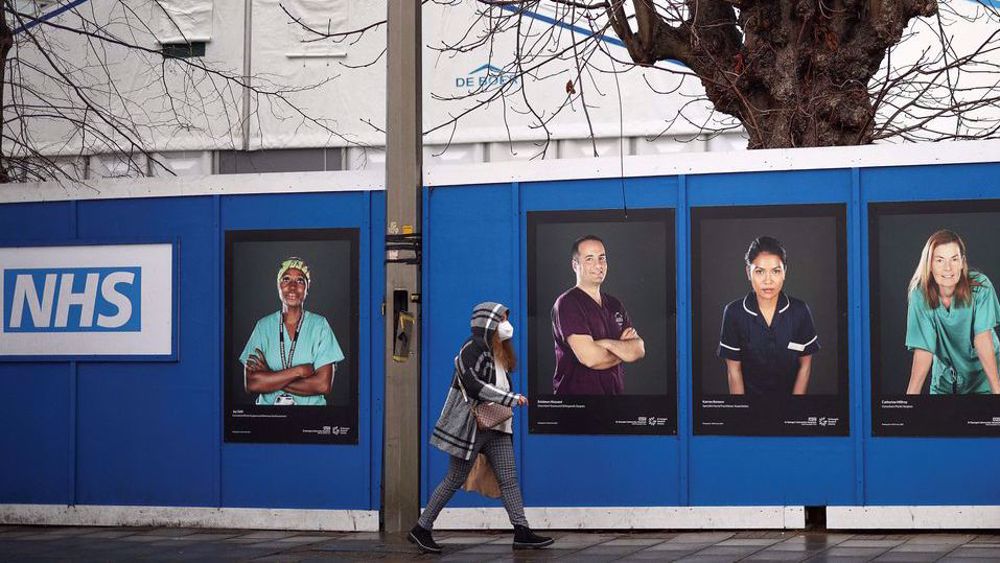
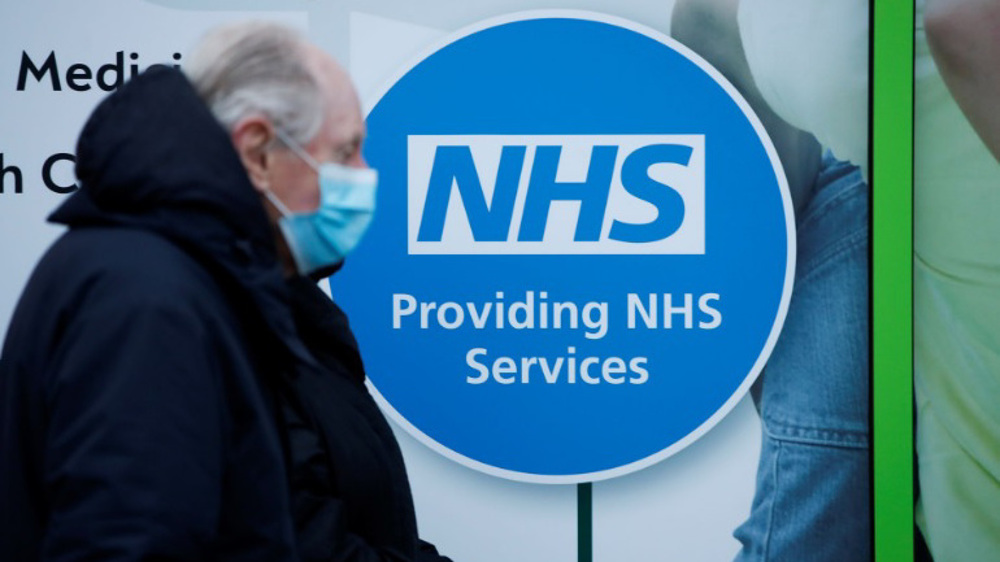
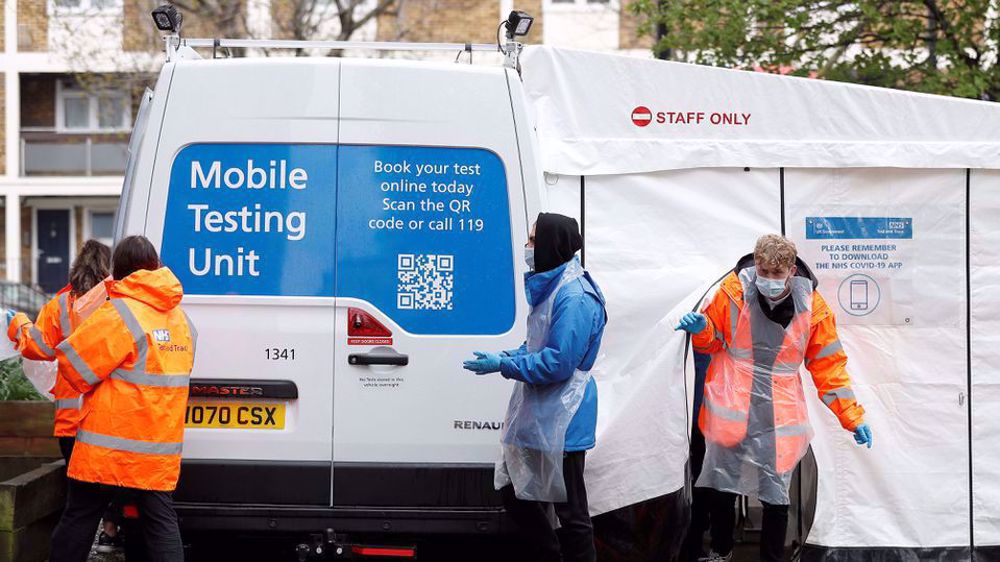
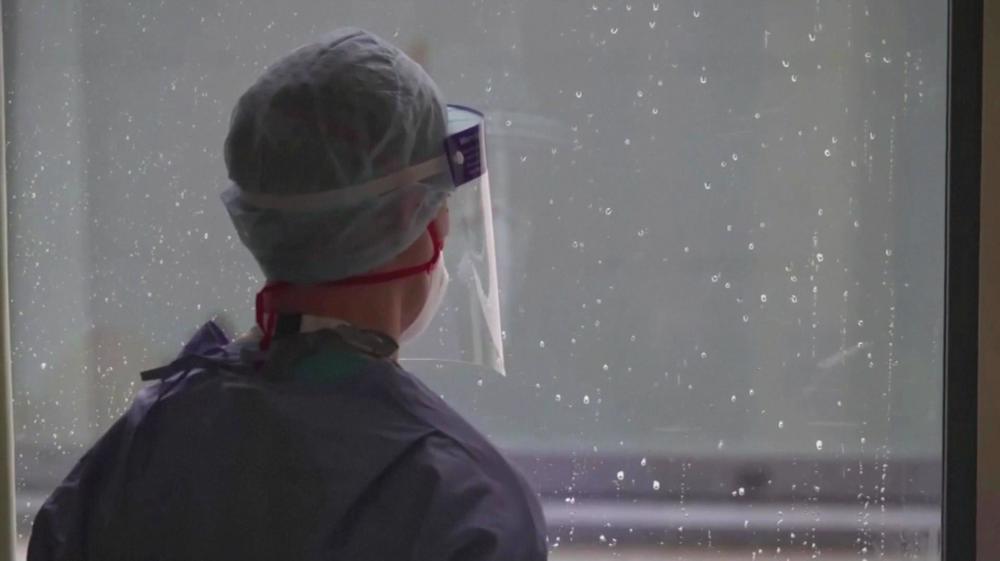

 This makes it easy to access the Press TV website
This makes it easy to access the Press TV website